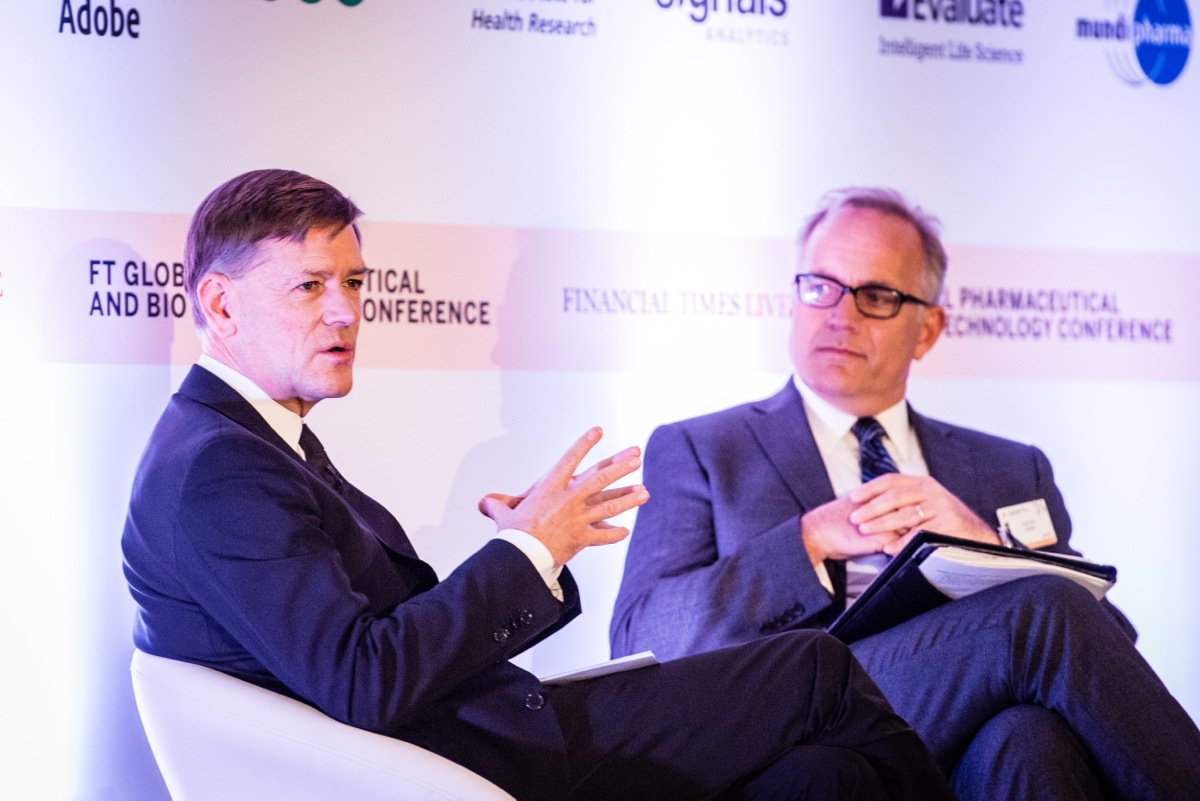Shire CEO backs outcomes-based deals in rare diseases

Rare disease firms will increasingly use payment schemes where health systems are only charged when drugs work, the CEO of specialist pharma Shire has said.
Under the leadership of CEO Flemming Ornskov, Shire has transformed itself into the leader in rare disease therapies, after completing its $32 billion merger with Baxalta last year.
There is huge demand for rare disease drugs, as despite some high profile successes, the vast majority of rare diseases are still untreatable.
But paying for a potential new wave of rare disease medicines and therapies provides a real headache for healthcare systems in the longer term.
Rare disease treatments that have been approved so far have been notable for their astronomical price, with uniQure’s Glybera for an ultra rare disease costing more than a million euros per patient before it was pulled from the market.
Ornskov noted in a keynote address at a conference that in 2000 there were only eight rare disease drugs approved.
Helped by legislation giving incentives to encourage rare disease drug development, pharma and biotech firms have 133 orphan drugs approved in 147 indications.
This is just the tip of the iceberg – the FDA estimates that there could be as many as 7,000 distinct rare diseases. As more powerful therapies are developed and marketed, finding ways to pay for these will become more challenging for healthcare systems.
Ornskov told the FT Global Pharmaceutical and Biotechnology conference in London: “Of course as more products become available it creates the problem of affordability.”
In order to manage the costs borne by the healthcare system, Shire is one of several pharma companies that are prepared to base payment for rare disease drugs based on the drug’s performance.
“We are willing to follow patients for a long period of time and rethink what we should get as reimbursement based on outcome,” he told the conference in London.
In cancer, Novartis priced its one-time CAR-T cancer therapy at $475,000 – but pledged only to charge this in cases where patients responded.
Despite the higher headline price, the thinking is that Novartis’s CAR-T will therefore cost the US healthcare system less than a rival from Gilead, which costs $373,000 but does not have the same outcomes-based payment arrangements.
Ornskov's comments reflect a growing acceptance in the industry for outcomes-based deals, with countries such as Italy and health insurers in the US agreeing deals with companies.
Yesterday saw NHS England's chief executive Simon Stevens announce a new outcomes-based deal with Germany's Merck on its multiple sclerosis drug Mavenclad.
Picture credit: FTLive












